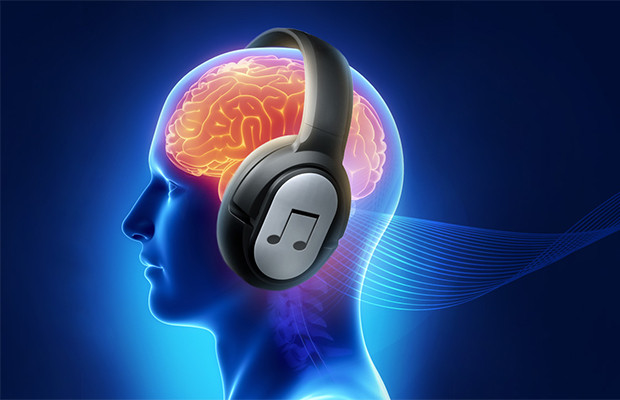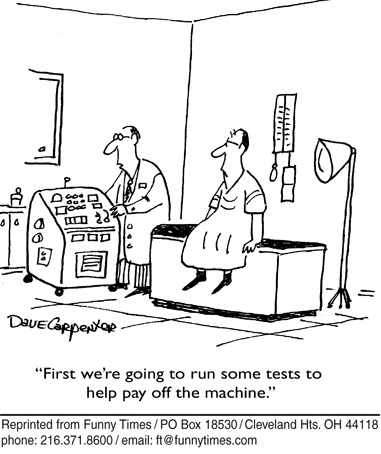
“I don’t believe in Chiropractic.” This is something that all chiropractors hear from time to time when out in public or in the office. I always get a kick out of it because after all – I am alive and real AND I am a Chiropractor – so do they not believe I exist? Okay, maybe people don’t question the existence of chiropractors. However, there are many people out there that question the notion that chiropractic is a viable health care tool. That’s fair enough. Let’s take a closer look, though.
Most of this comes from not understanding what chiropractic is. Chiropractic is a “clinical science based on the fundamental laws of biology, anatomy, and physiology” therefore; belief, religion, and/or faith don’t factor logically into the equation. Fortunately – you don’t have to believe in chiropractic – it works regardless of your belief system. In our office we see a lot of pediatric patients – and guess what? They don’t believe in chiropractic. In fact, some (newborns, infants) have no idea what it is – but they still get better, and their health problems still resolve.
The first question I ask when I hear “I don’t believe in chiropractic” is – do you believe you have a spine? That’s an easy one. So, now if we understand that there is a normal range for your spine’s structure, is it reasonable to say that IF your spine is outside of normal, this can lead to dysfunction and eventually pain?
Better yet, if there was a profession that detects and corrects a spine when it is outside the normal range without the use of medications, long therapy or even surgery – would that be a good thing? Well, then you do believe in Chiropractic, especially my type of chiropractic that detects and corrects abnormal structural problems of the spine.




